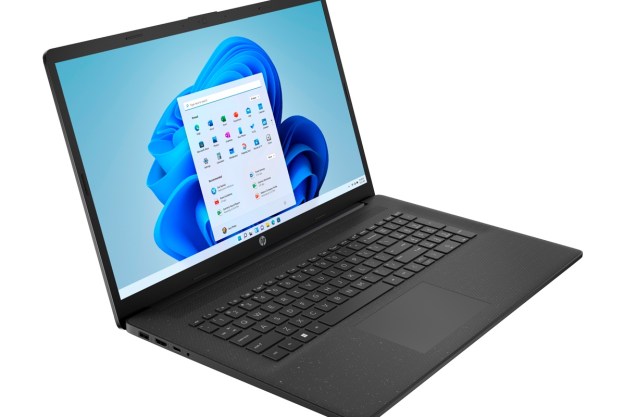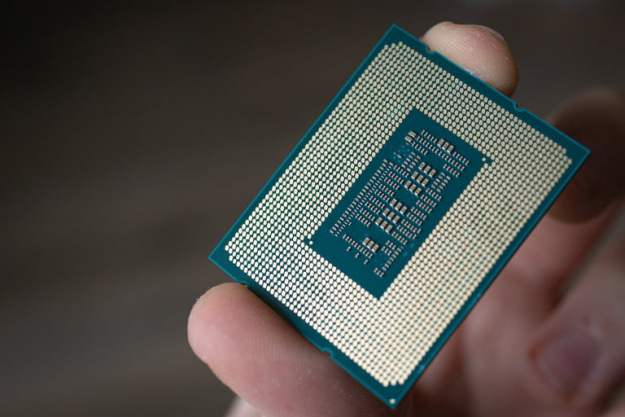
Modern computers utilize what is known as a Unified Extensible Firmware Interface (UEFI) to get up and running. When you press the power button on your Mac or PC, the UEFI begins communicating with your computer’s hardware and your operating system of choice, whether that be MacOS, Windows, or Linux. However, in a terrifying turn of events, ESET researchers have discovered a malicious piece of software, a rootkit, that burrows into your UEFI and is nearly impossible to get rid of, even when detected.
Rootkits are malicious bits of computer software that can infect a user’s machine and gain access to areas that are typically off-limits, such a private user data or protected system files. While the concept of rootkits taking advantage of a computer’s UEFI isn’t new, this is the first time that a sample has been detected in the wild.
The UEFI rootkit, code-named LoJax, takes advantage of a legitimate software designed by the Canadian company, Absolute Software. The security company offers an anti-theft solution for computers known as LoJack, which can assist victims in locating their stolen property. One of LoJack’s most exceptional features is its ability to stay present on a machine when the operating system is reinstalled, and the now malicious LoJax variation has taken keen advantage of that function.
LoJax has been shown to be the child of cyber espionage and hacking group Fancy Bear. Typically acknowledged as a product of the Russian military intelligence agency, GRU, the group has been behind many prominent attacks including those in the German parliament, the White House, NATO, the Democratic National Committee, and the International Olympic Committee.
What makes a UEFI rootkit particularly dangerous when compared to a standard rootkit is its ability to survive. Not only can LoJax gain access to restricted files on a user’s machine, but it can withstand the digital equivalent of a complete holocaust. Due to the way in which the rootkit attaches to a machine’s SPI flash memory, the chip in which a computer’s UEFI is kept, wiping your internal drive, or even completely replacing it, won’t get rid of it.
The LoJax rootkit can only be removed from a system by either reprogramming the SPI flash memory, a very delicate and complex operation, or by completely swapping out the motherboard. Individuals can help to keep themselves safe against the attack by ensuring that their machines have Secure Boot enabled; this prevents unauthorized firmware on your UEFI from booting your computer.


